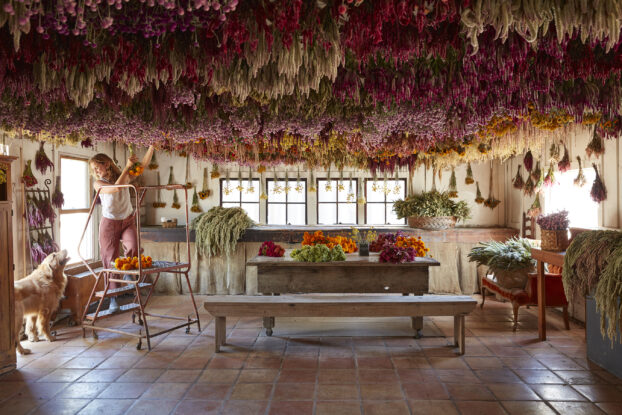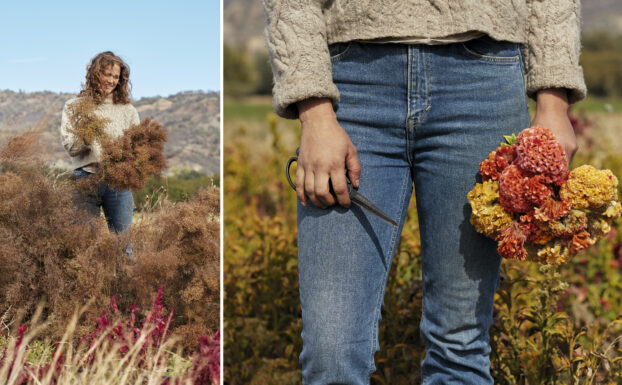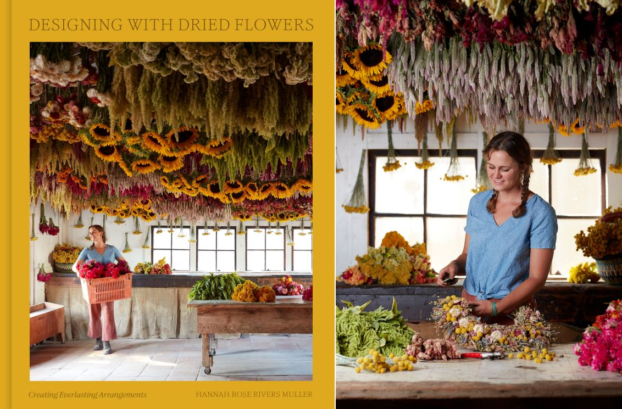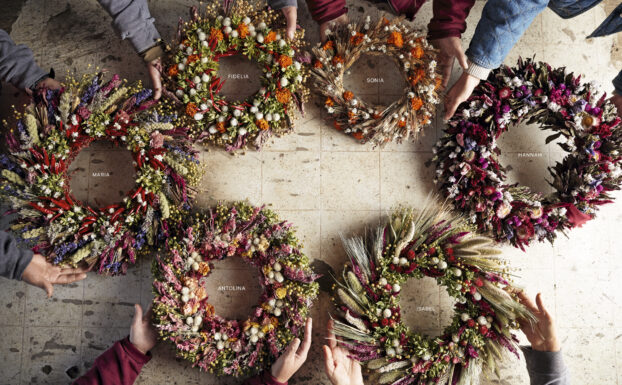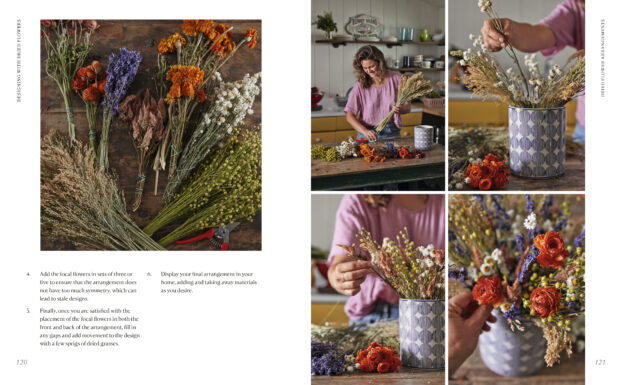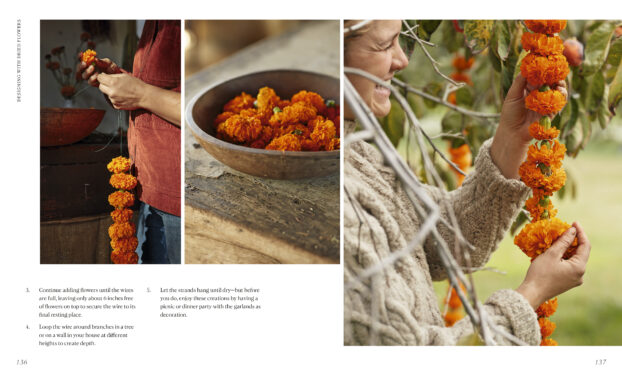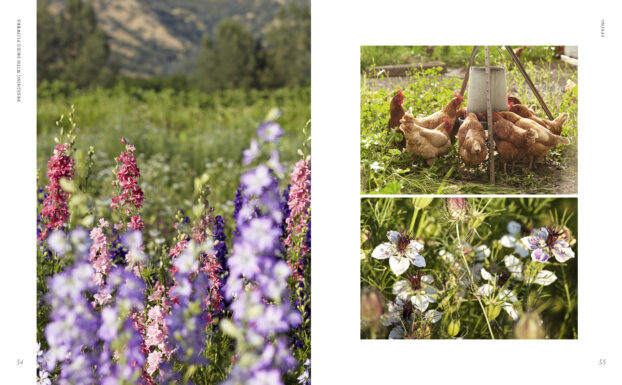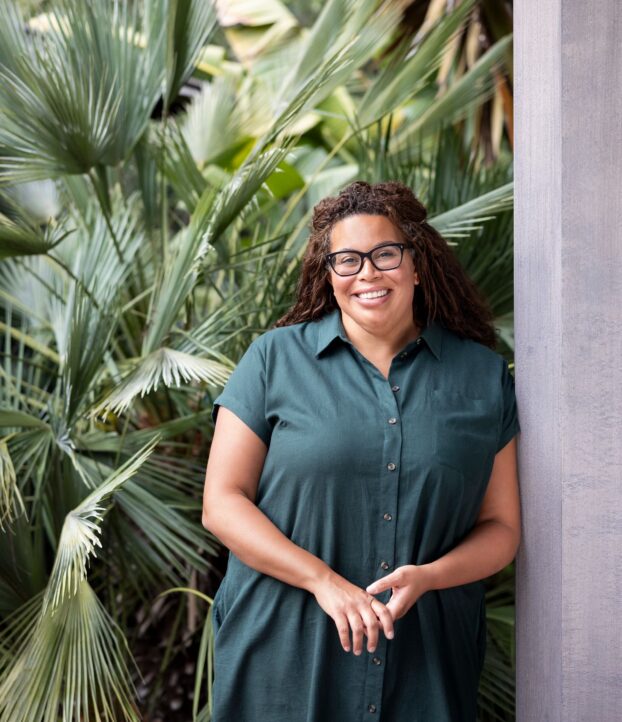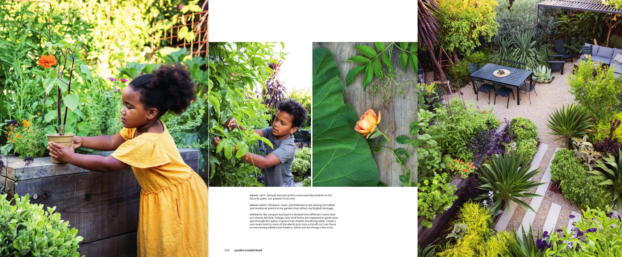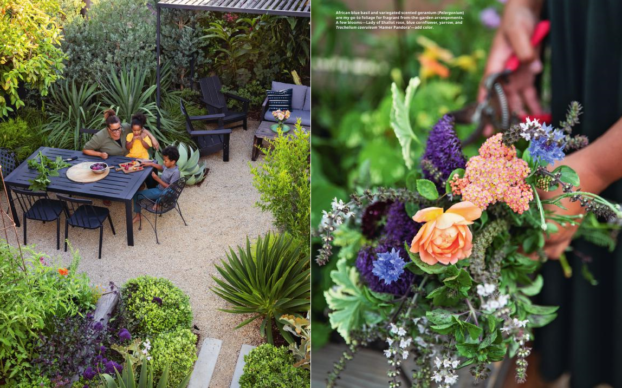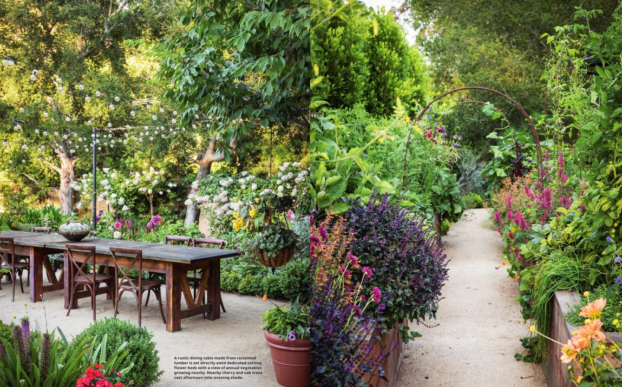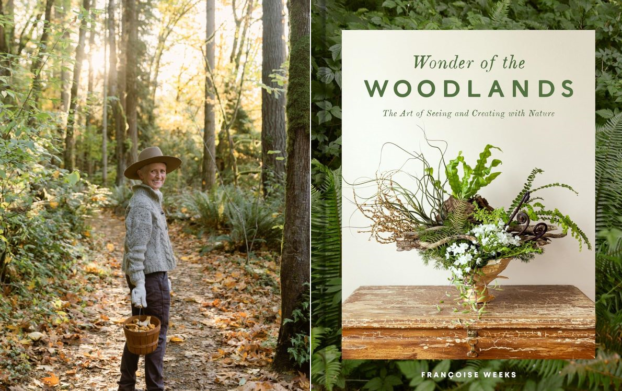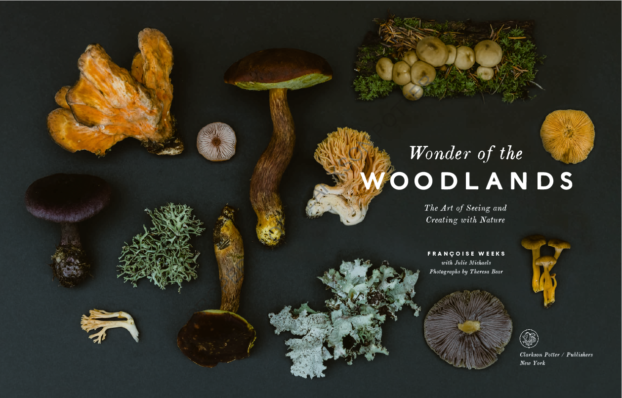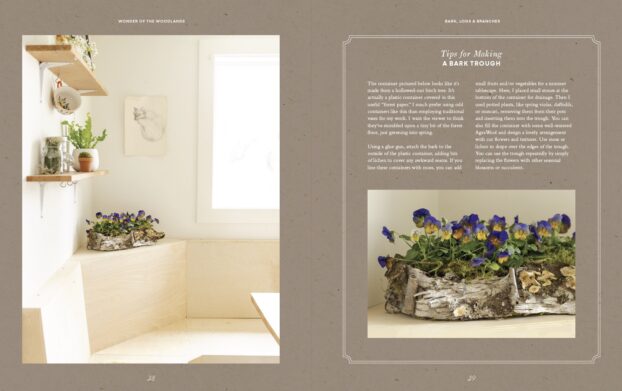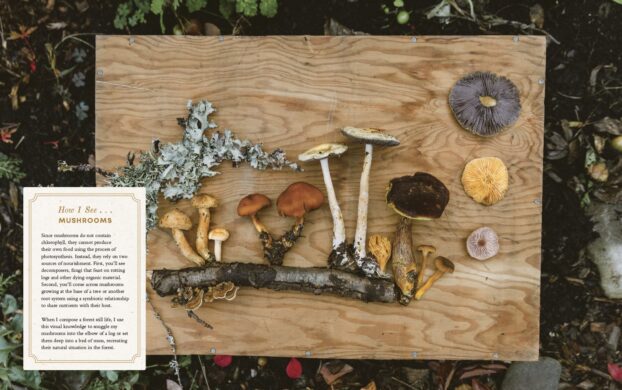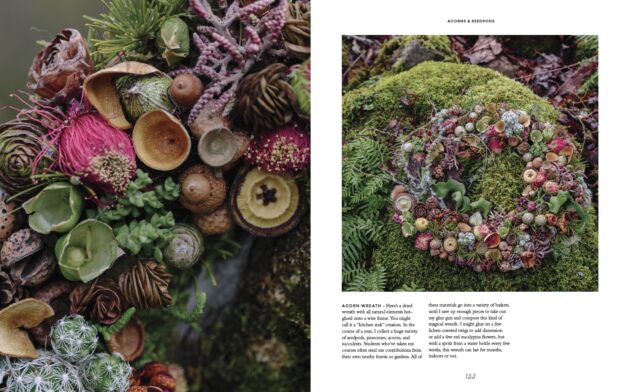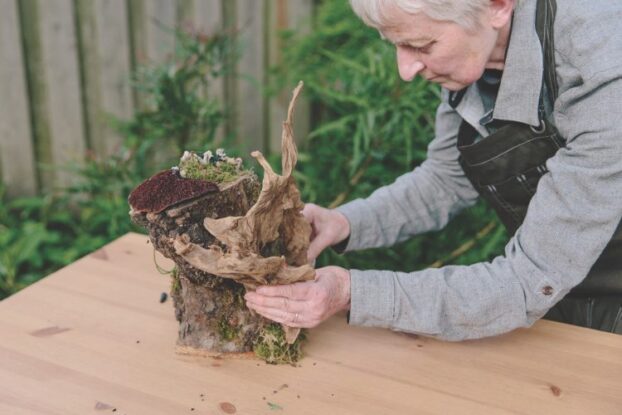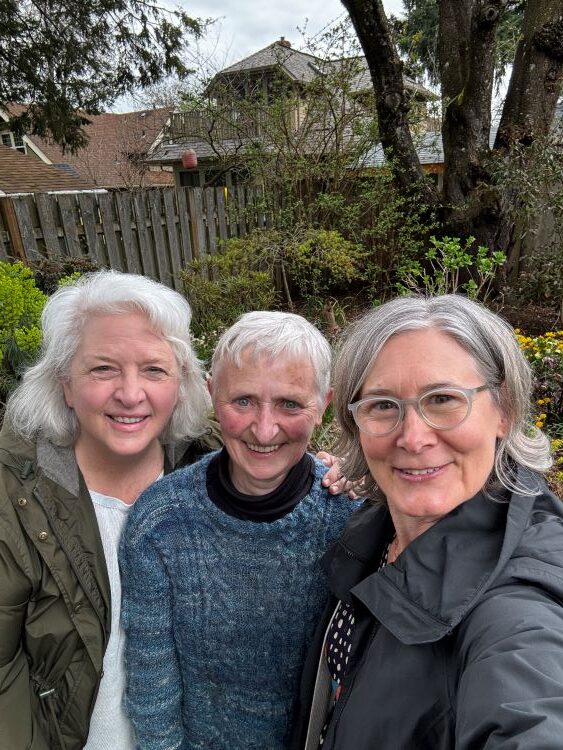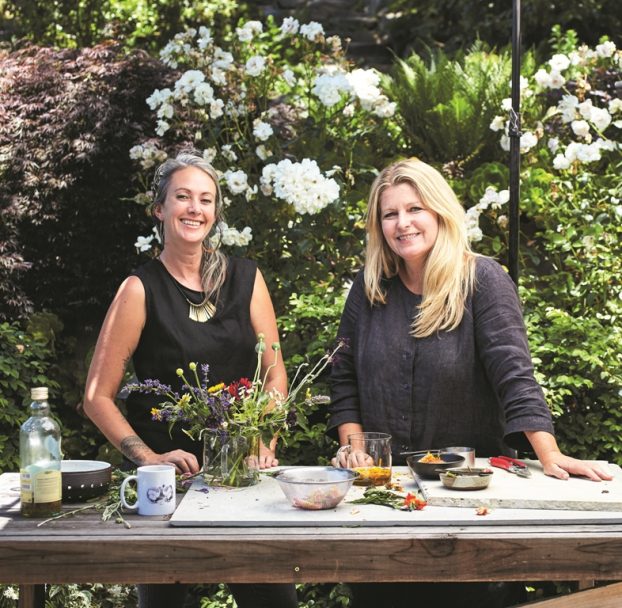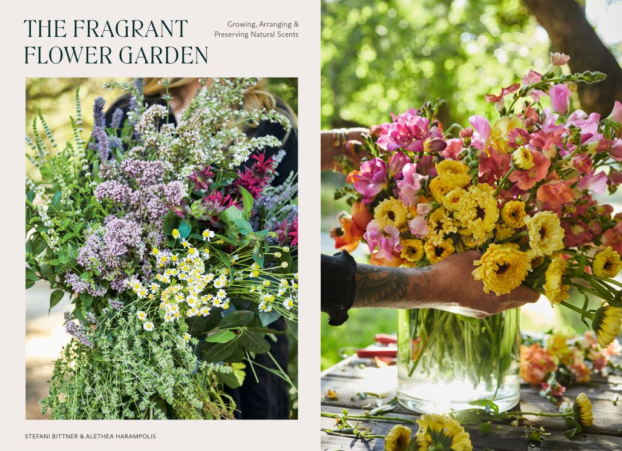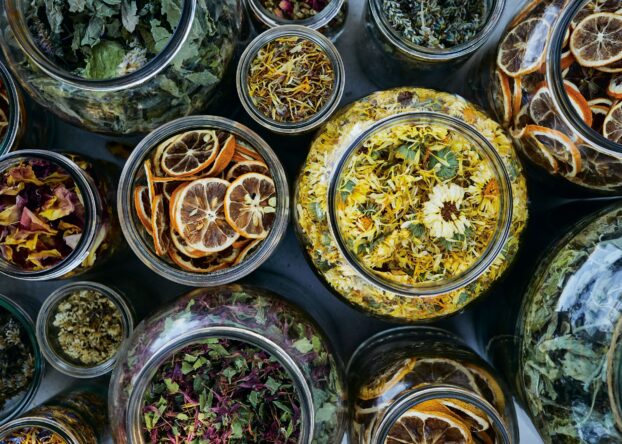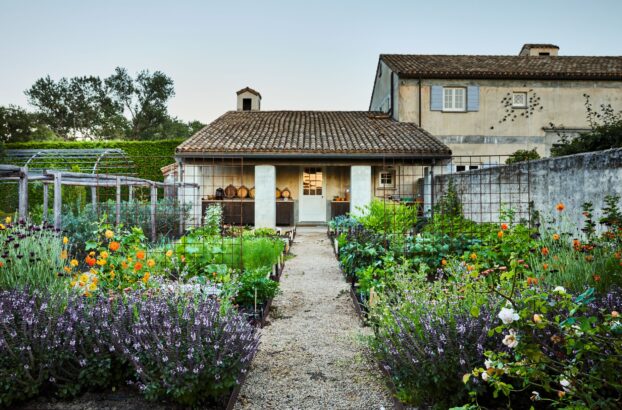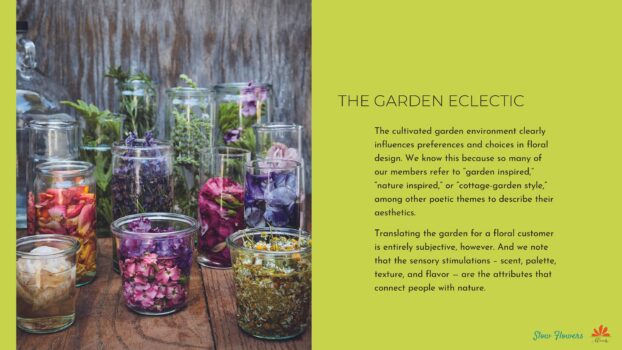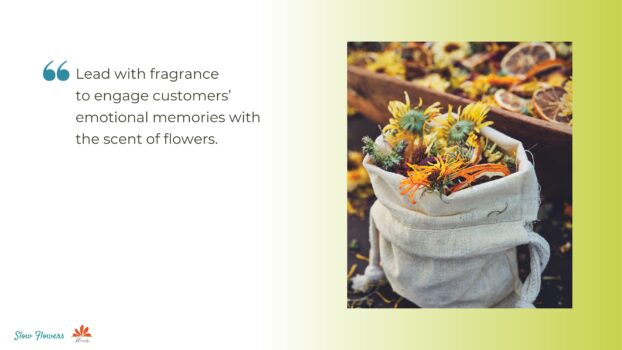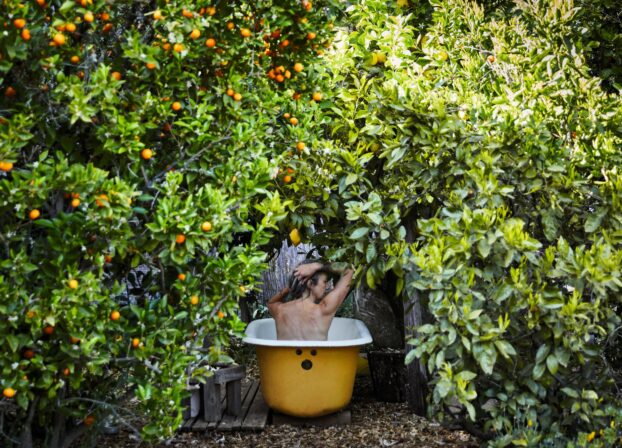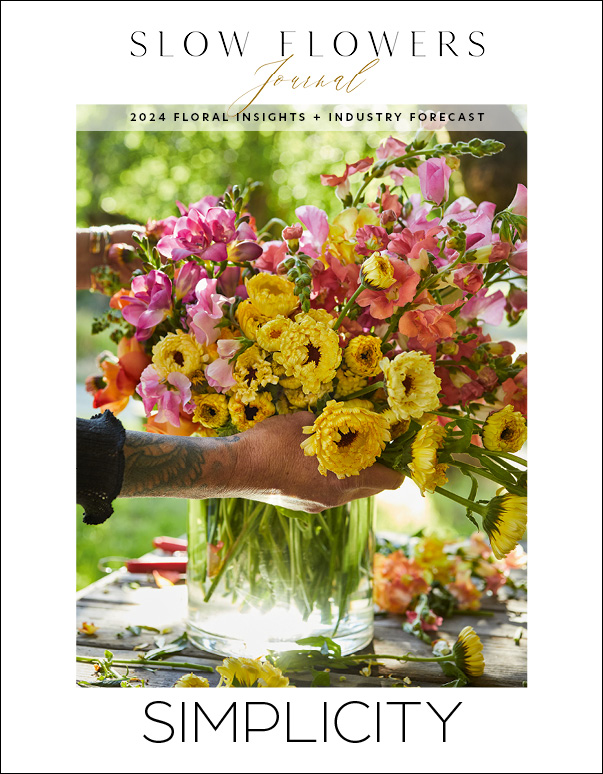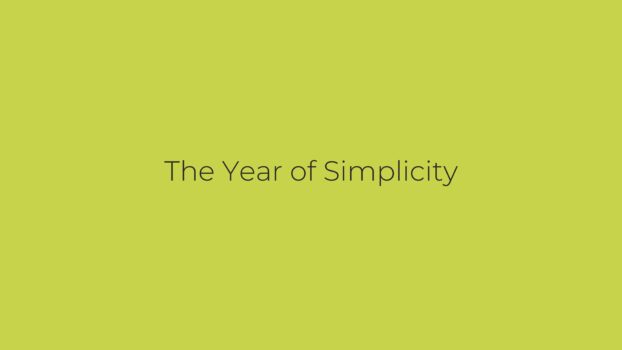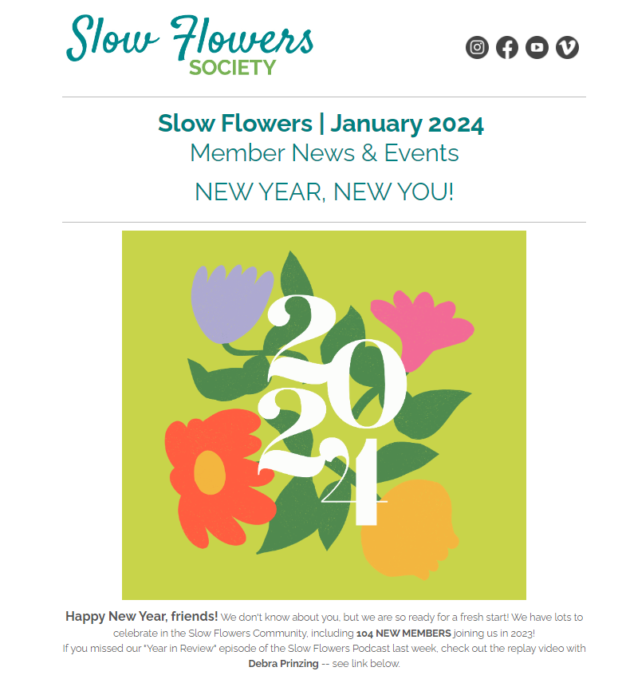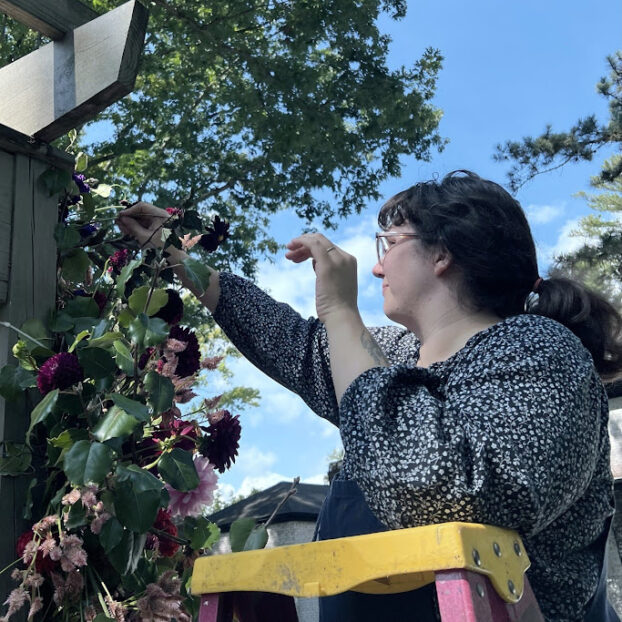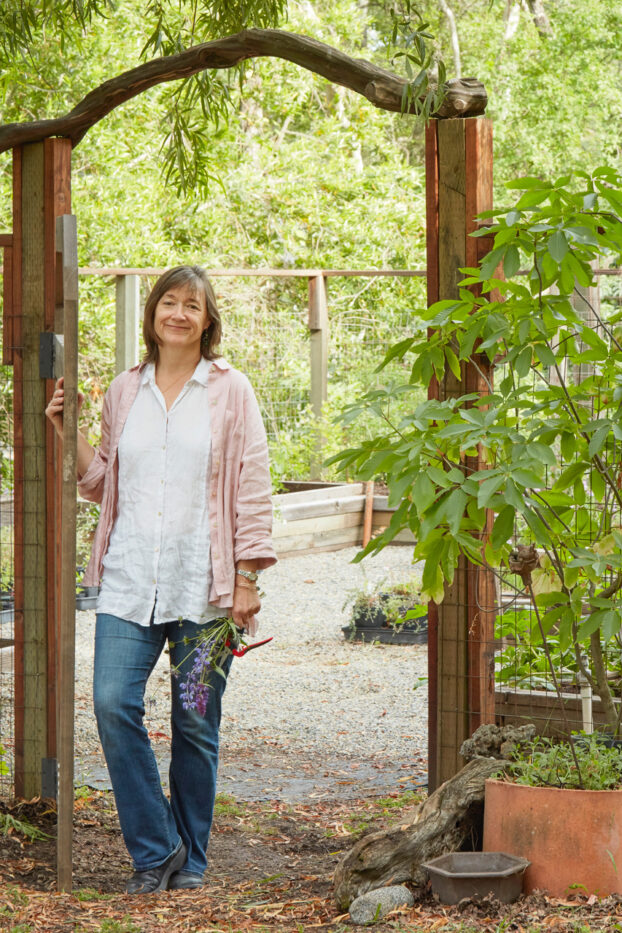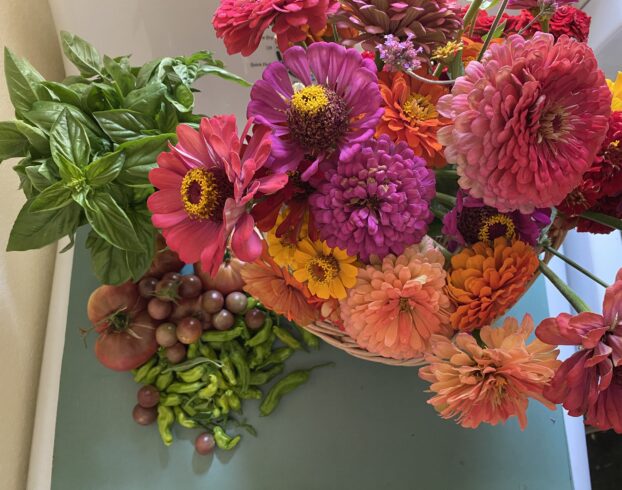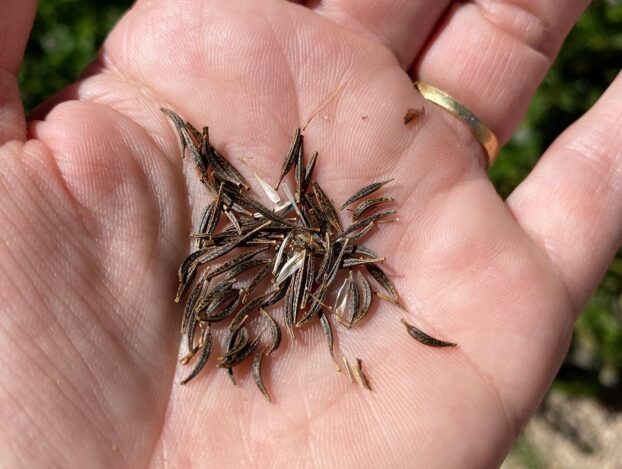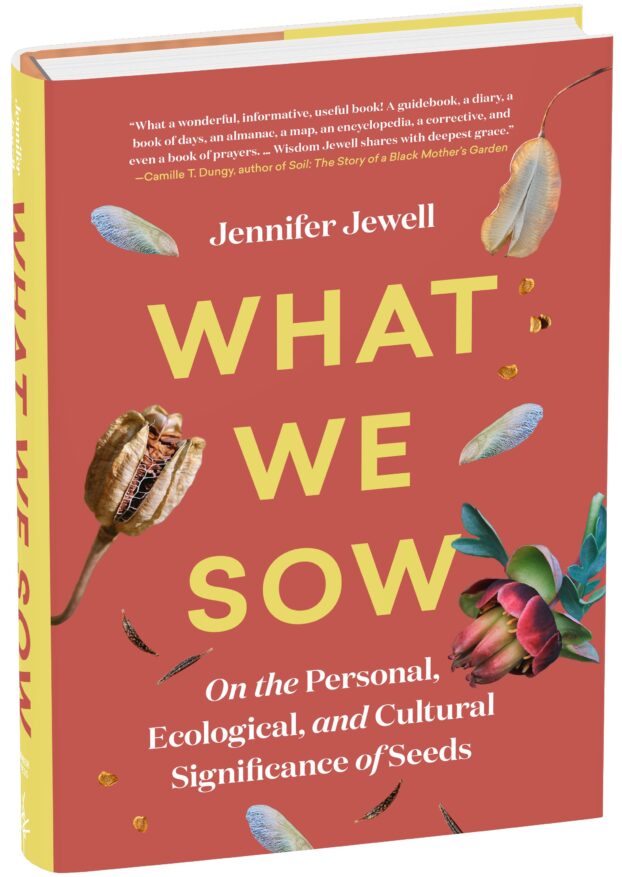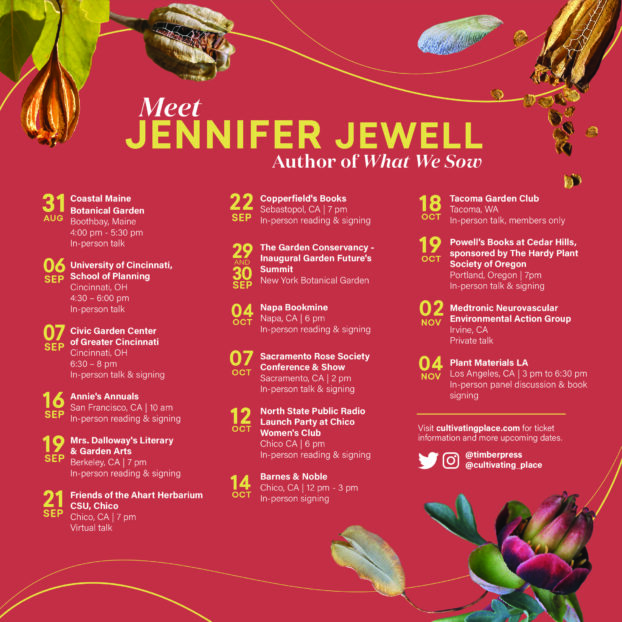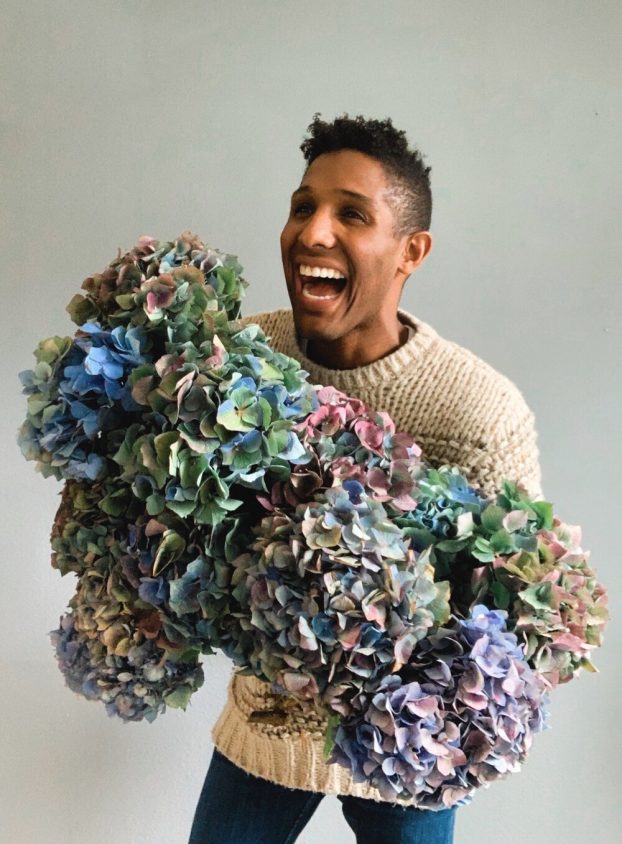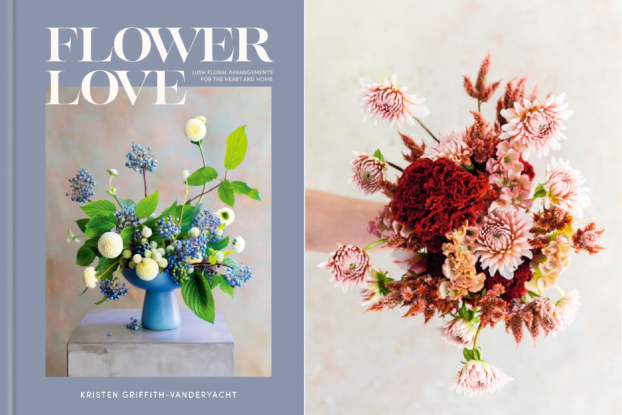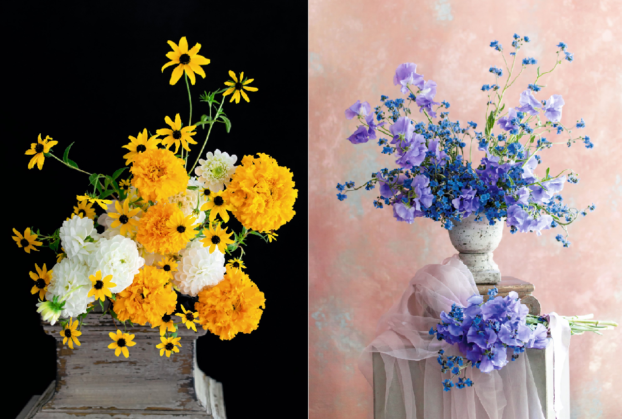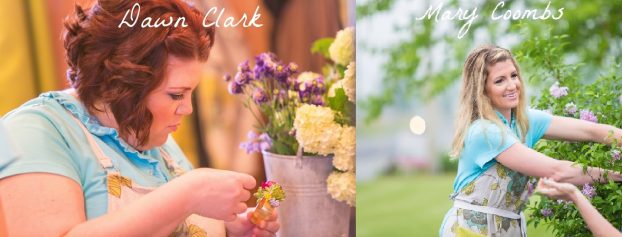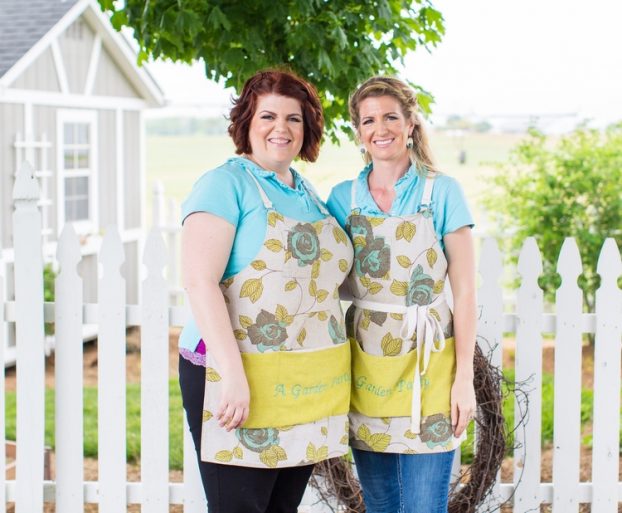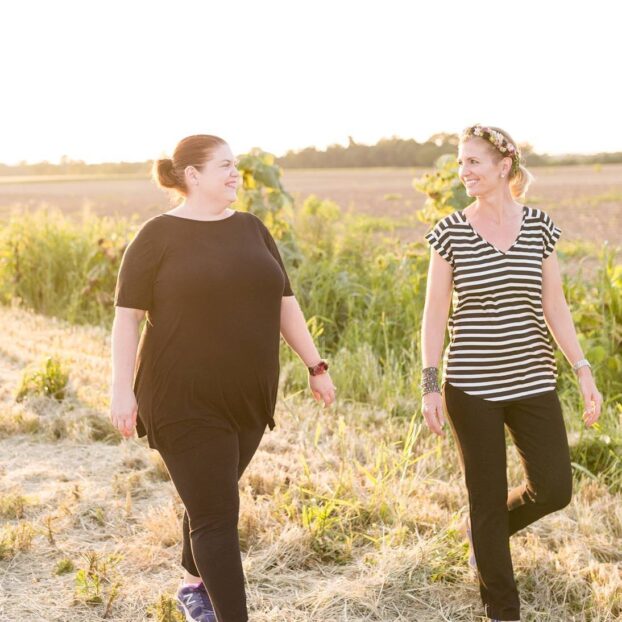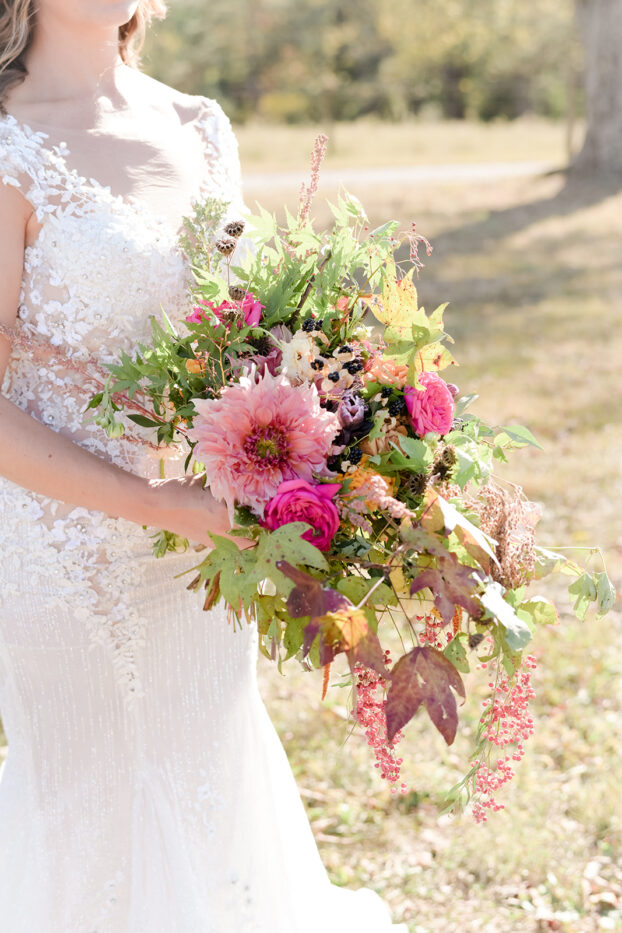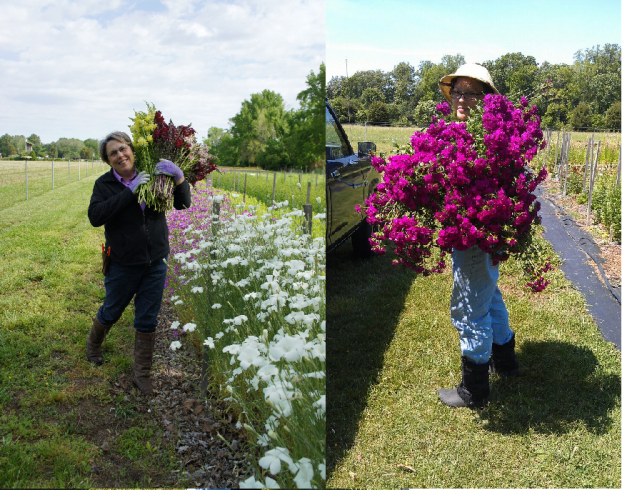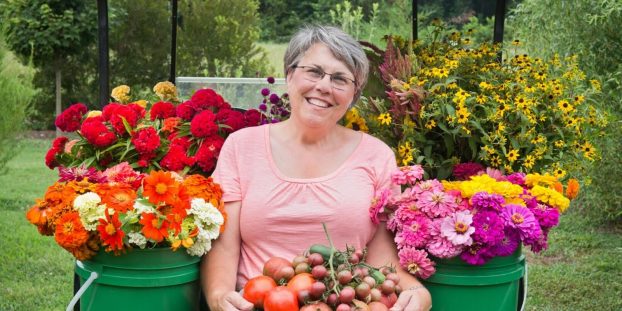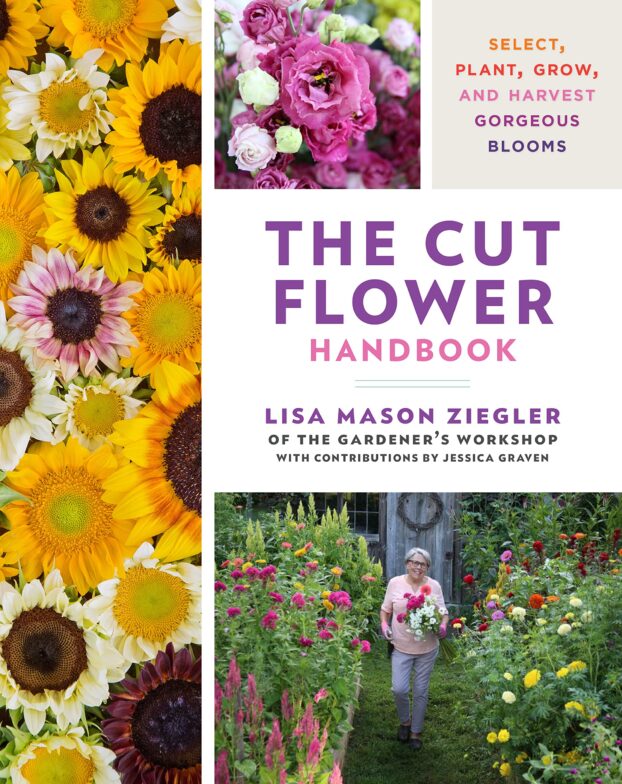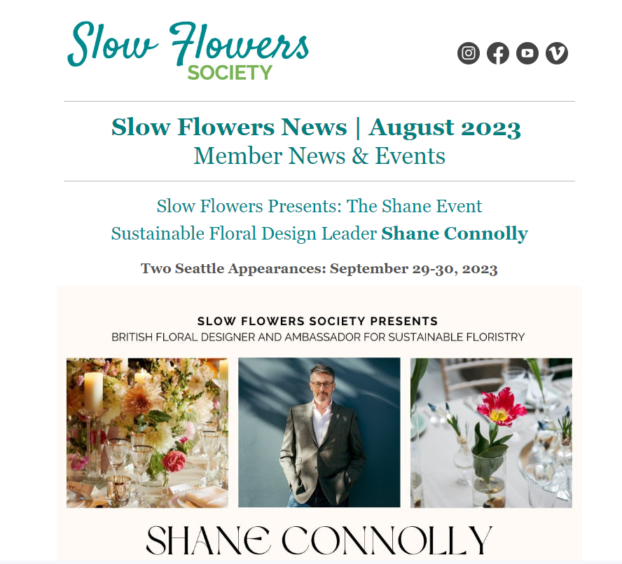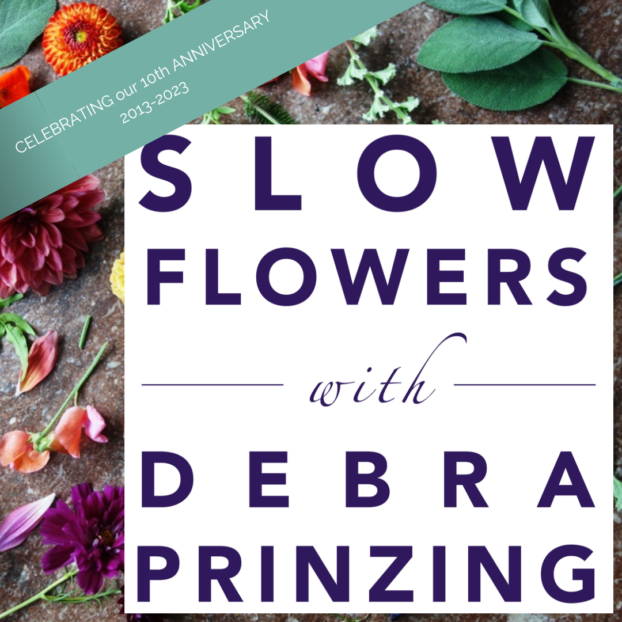Podcast: Play in new window | Download
Subscribe: Apple Podcasts | Podcast Index | RSS | More
Ariella Chezar’s new book – Home in Bloom – is a vivid, inspiring look at the role of flowers and plants in interior design. Through her stunning, wild work, Ariella invites us to revel in the inherent drama of nature, encouraging us to infuse our living spaces with beauty and abundance, while fundamentally altering a room’s energy through the transformative power of flowers.
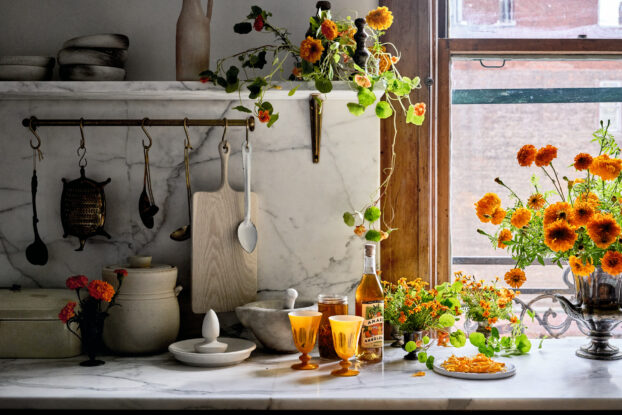
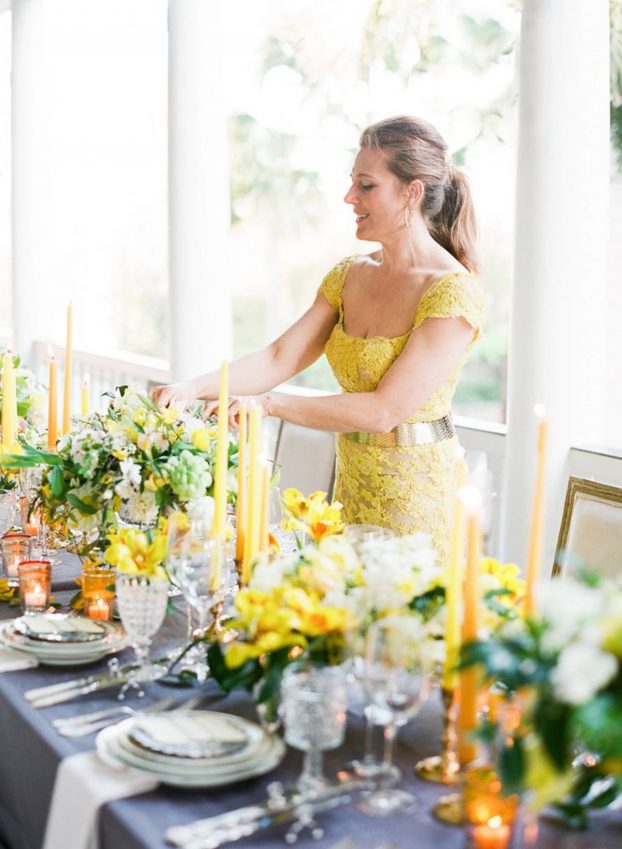
It’s been many years since today’s guest Ariella Chezar appeared on the Slow Flowers Podcast, so I’m thrilled to welcome her back for our first video episode.
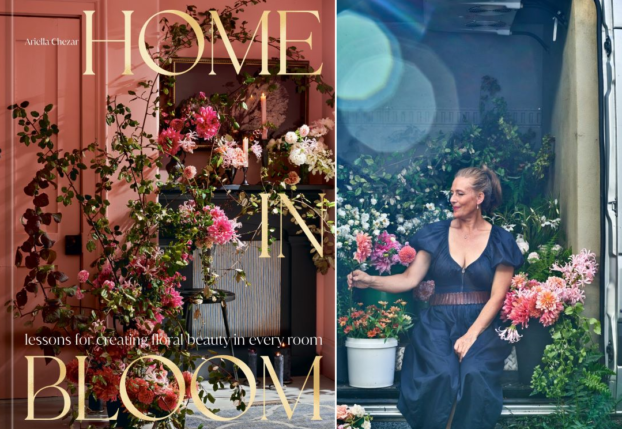
The occasion is the recent publication of Ariella’s fourth and newest book, Home in Bloom, written with Julie Michaels. The benefit of recording for our Slow Flowers YouTube Channel is that you can see a preview of the interior pages of Home in Bloom as Ariella describes many of her beautiful designs and installations.
ARIELLA CHEZAR is a master floral designer and the author of Seasonal Flower Arranging, The Flower Workshop, and Flowers for the Table. Her work has graced the cover and pages of Martha Stewart Living, O Magazine, Better Homes and Gardens, Town and Country, and many more publications. She is a highly sought-after teacher and lecturer and has designed flower arrangements for The Obama White House. Ariella lives in The Berkshires of Massachusetts, where her garden serves as inspiration for her designs.
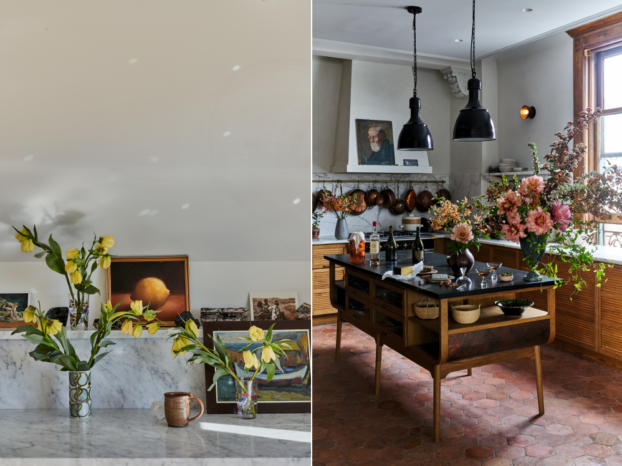
Home in Bloom celebrates the seamless integration of architecture, light, and natural landscapes into floral design. Ariella layers colors and combines improbable wild elements, resulting in arrangements that are as gorgeous as they are dynamic. With each page, she invites us to revel in the inherent drama of nature, encouraging us to infuse our living spaces with beauty and abundance, while fundamentally altering a room’s energy through the transformative power of flowers.
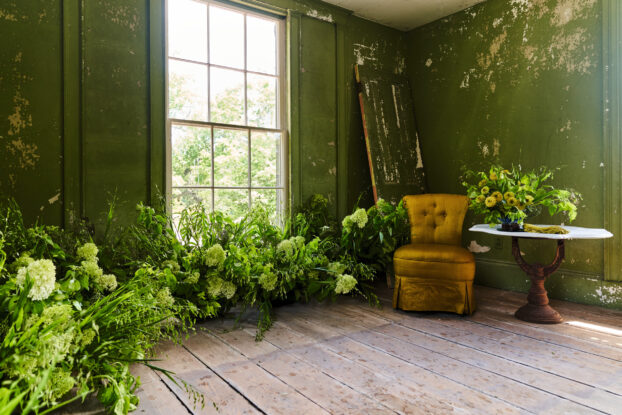
Home in Bloom is organized into chapters that celebrate every room in the home—Welcome, Nourish, Celebrate, Pause, and Wilding, as it takes us on a journey through flower-filled living spaces. The arrangements in each chapter are accompanied by detailed captions that inspire us to walk outside and bring the wilds of nature into our environments. The book features hundreds of gorgeous photographs by renowned photographers Andrea Gentl and Martin Hyers.
Thanks so much for joining me today!
READ: Mary Ann Newcomer’s review of Home in Bloom, recently published in Slow Flowers Journal online.
LISTEN to Ariella’s past guest appearances on the Slow Flowers Podcast
March 2014 (Episode 133)
June 2016 (Episode 251)
Thank you for an inspiring conversation, Ariella!
Slow Flowers Summit 2024 – News
We are swiftly into the countdown phase before the amazing 7th annual Slow Flowers Summit – taking place June 23 through 25th. I can’t wait to see you there! Today, we dropped our FINAL ticket promotion, so take note. Now through June 11th, next Tuesday, you can take 10 % off your Slow Flowers Summit registration. Use the promo code LETSDOTHIS — all one word – to take 10% off your registration at slowflowerssummit.com.
And speaking of good news, last week, we were delighted with some incredible press coverage about the Slow Flowers Summit. In its coverage of the Slow Flowers Summit, the online floral lifestyle magazine called THURSD.com called it the “must-attend event for floral fanatics.” Thank you for affirming all that’s gone into creating such a valuable educational experience for flower farmers, floral designers, and farmer-florists interested in enhancing their skills and understanding around sustainable and slow flowers. The link to the article in THURSD is in our show notes.
Thank you to our Sponsors
This show is brought to you by Slowflowers.com, the free, online directory to more than 750 florists, shops, and studios who design with local, seasonal and sustainable flowers and to the farms that grow those blooms. It’s the conscious choice for buying and sending flowers.
Thank you to Johnny’s Selected Seeds, an employee-owned company that provides our industry the best flower, herb and vegetable seeds — supplied to farms large and small and even backyard cutting gardens like mine. Find the full catalog of flower seeds and bulbs at johnnyseeds.com.
Thank you to The Gardener’s Workshop, which offers a full curriculum of online education for flower farmers and farmer-florists. Online education is more important than ever, and you’ll want to check out the course offerings at thegardenersworkshop.com.
Thank you to Store It Cold, creators of the revolutionary CoolBot, a popular solution for flower farmers, studio florists and farmer-florists. Save $1000s when you build your own walk-in cooler with the CoolBot and an air conditioner. Don’t have time to build your own? They also have turnkey units available. Learn more at storeitcold.com.
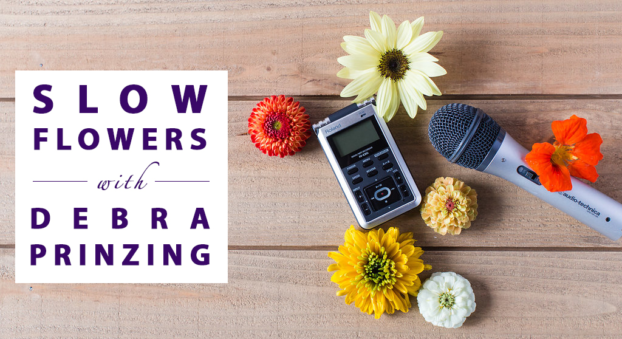
I’m so glad you joined us today! The Slow Flowers Podcast is a member-supported endeavor, downloaded more than one million times by listeners like you. Thank you for listening, commenting and sharing – it means so much. As our movement gains more supporters and more passionate participants who believe in the importance of our domestic cut flower industry, the momentum is contagious. I know you feel it, too. If you’re new to our weekly Show and our long-running Podcast, check out all of our resources at SlowFlowersSociety.com
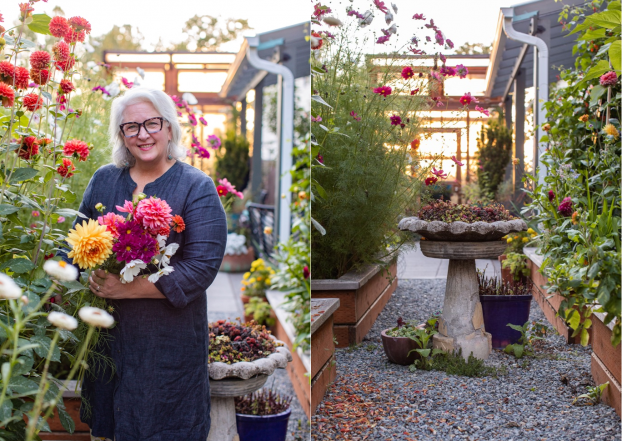
I’m Debra Prinzing, host and producer of the Slow Flowers Show & Podcast. The Slow Flowers Podcast is engineered and edited by Andrew Brenlan. The content and opinions expressed here are either mine alone or those of my guests alone, independent of any podcast sponsor or other person, company or organization. Next week, you’re invited to join me in putting more Slow Flowers on the table, one stem, one vase at a time. Thanks so much for joining us today and I’ll see you next week!
Music credits:
Drone Pine; Gaena; Blue Straggler; Long Await
by Blue Dot Sessions
http://www.sessions.blue
Lovely
by Tryad
http://tryad.bandcamp.com/album/instrumentals
http://creativecommons.org/licenses/by-sa/3.0/
In The Field
audionautix.com











